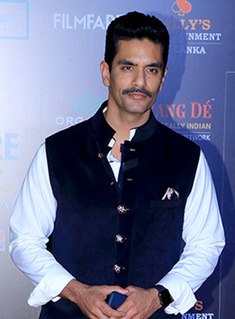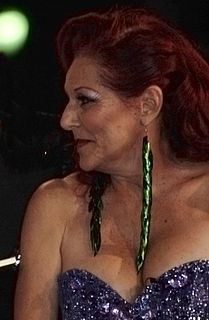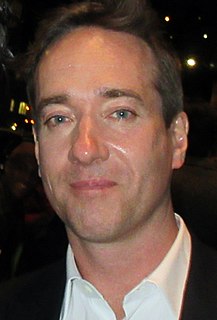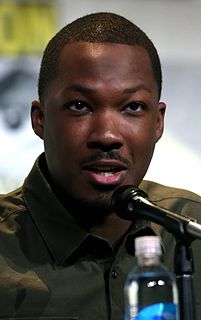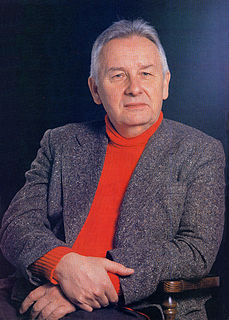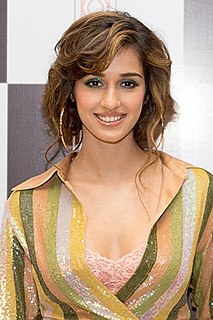A Quote by Melissa Rosenberg
One must never assume that a character is sympathetic because of either the actor playing them or the fact that they're a lead. I think that's a recipe for failure, actually, because if they become unsympathetic, you lose your audience.
Related Quotes
Think of it this way: There are two kinds of failure. The first comes from never trying out your ideas because you are afraid, or because you are waiting for the perfect time. This kind of failure you can never learn from, and such timidity will destroy you. The second kind comes from a bold and venturesome spirit. If you fail in this way, the hit that you take to your reputation is greatly outweighed by what you learn. Repeated failure will toughen your spirit and show you with absolute clarity how things must be done.
Failure's relative. I've always felt, even early on, if I lose the freedom to fail, something's not right about that. It's how you treat failure, too. There's something to learn from it. I've had movies that have failed colossally, so you kind of analyze your failures: What kind of failure was it? A failure because it's misunderstood by others? A failure because you misunderstood it yourself?
I do not choose my listeners. What I mean is, I never write for my listeners. I think about my audience, but I am not writing for them. I have something to tell them, but the audience must also put a certain effort into it. But I never wrote for an audience and never will write for one, because you have to give the listener something and he has to make an effort in order to understand certain things.
Man has become a superman ... because he not only disposes oinnate, physical forces, but because he is in command ... olatent forces in nature and because he can put them to his service.... But the essential fact we must surely all feel in our hearts ... is that we are becoming inhuman in proportion as we become supermen.


